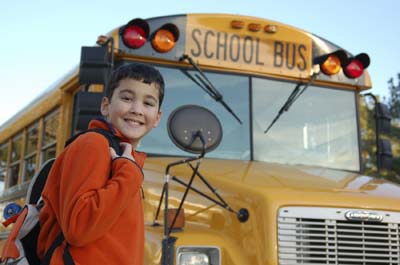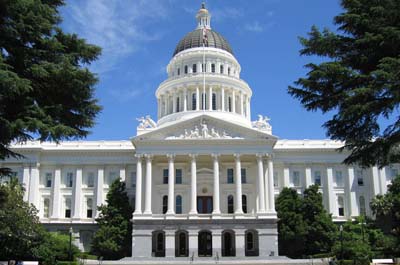The administering of high school advanced placement (AP) exams, as well as the SAT and ACT college admission exams, has been altered for Spring 2020 in response to COVID-19.
Last week, the California Department of Education (CDE) released its highly-anticipated guidance to school districts, county offices of education and charter schools (collectively, LEAs) regarding course grading and graduation requirements as LEAs proceed with delivery of their educational programs through distance learning during the COVID-19 crisis.
On April 1, 2020, Governor Gavin Newsom announced that California labor and management organizations have jointly agreed to a framework for collaboration during the novel coronavirus (COVID-19) emergency.
On March 17, 2020, Governor Gavin Newsom signed two bills, Senate Bill (SB) 117 and SB 89, into law which provide for emergency funding to help fight the novel coronavirus (COVID-19) pandemic and help to clarify the law as it relates to school districts.
The following updates and expands on the Frequently Asked Questions (FAQ) we issued on March 12, 2020 (available here), which provided general guidance for K-12 school districts in responding to the needs of students with disabilities during the COVID-19 pandemic.
The coronavirus disease 2019 (COVID-19) is a novel respiratory disease that has affected communities worldwide. Cases of COVID-19 have recently appeared in several California communities, prompting a significant number of school closures around the state.
In California School Boards Association v. State of California ( CSBA), the California Supreme Court has allowed the Legislature to avoid appropriating new funding to cover the costs of state mandated programs.
A University of California San Diego (UCSD) student newspaper, The Koala, brought suit against UCSD officials alleging that they defunded all print media in violation of the First Amendment.
Assembly Bills (AB) 493 outlines new requirements for school districts, county offices of education, and charter schools to train certificated employees, serving in grades 7 to 12, to support Lesbian, Gay, Bisexual, Transgender, Queer, and Questioning (LGBTQ) youth.










